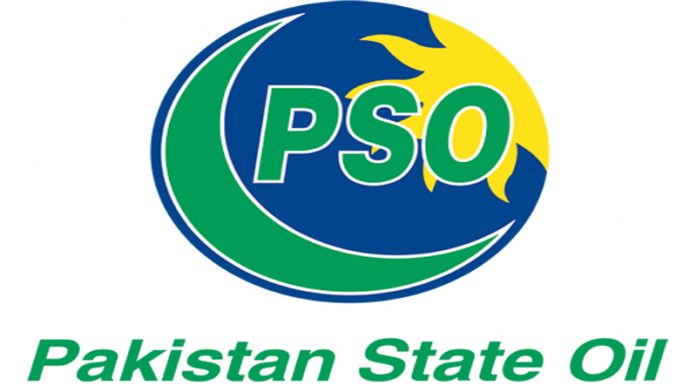The Ministry of Finance has approved payment of Rs6b to Pakistan State Oil (PSO) on an urgent basis to avoid an international default against fuel supplies, media sources have revealed.
Concurrently, the Ministry of Petroleum and Natural Resources has halted all future fuel oil imports until the Ministry of Water and Power comes up with a payment schedule to meet the pending payments.
Sources have revealed that the payment release requires passing through bureaucratic formalities that may take a couple of days. The Letters of credit (LCs) for oil imports are due for payment on March 27-28.
The receivables of the PSO that are currently over Rs270b include about Rs231bn outstanding against the power sector, Rs 140b owed by public sector generation companies, Rs61b owed by Hubco and Rs22bn outstanding against Kot Addu Power Company. Additionally Rs24b is due against Pakistan International Airlines and the federal government and Rs13b against Sui Southern Gas company on account of liquefied natural gas (LNG) supplies.
The power ministry had also been asked to submit a demand plan for furnace oil, gas and LNG so that the supplies can be adjusted accordingly.
It has also been reported that at least two refineries have intimated the government that they fear operational shut down since the PSO was not uplifting the supply of furnace oil. The crisis is likely to affect the production of petroleum products such as jet fuel, petrol and diesel.
The PSO however, stated that the company has more than adequate reserves of furnace oil and that there was lower consumption by the power plants. To make the situation worse, PSO was being charged demurrage charges of up to $25000 daily since about 14-15 ships carrying furnace oil and other products were standing in the open sea waiting to be anchored.
On the contrary, it has been reported that the power sector had closed down furnace oil based power plants that had been generating 3,500MW electricity to save on fuel costs since the power sector is faced with lower demand from consumers and load shedding in low revenue generating consumer areas.




